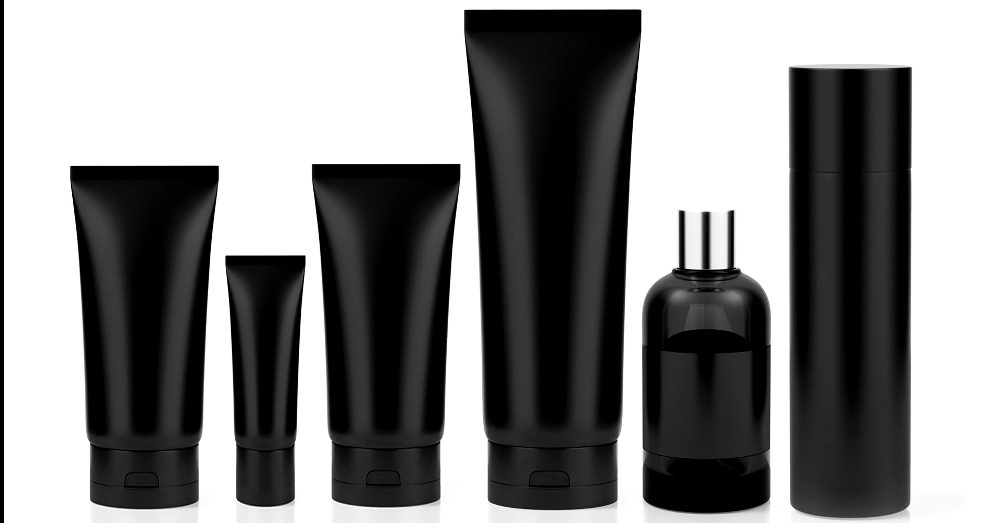
Just How Natural Are ‘Natural’ Beauty Products? Legally, It’s Hard to Tell.
Just how natural are your “natural” beauty products? It is difficult to say. Really difficult, actually. While it is undeniable that natural cosmetics and beauty goods are surging in popularity and profitability – as “consumers, increasingly wary of products that are overly processed or full of manufactured chemicals, are paying premium prices for natural goods,” as the New York Times put it recently – it is far less clean cut as to just how natural “natural” really is.
February 20, 2018 | Source: The Fashion Law | by
Just how natural are your “natural” beauty products? It is difficult to say. Really difficult, actually. While it is undeniable that natural cosmetics and beauty goods are surging in popularity and profitability – as “consumers, increasingly wary of products that are overly processed or full of manufactured chemicals, are paying premium prices for natural goods,” as the New York Times put it recently – it is far less clean cut as to just how natural “natural” really is.
The lack of clarity is due in large part to the absence of a universal, legally-mandated definition for the term.
One need not look much further than actress Jessica Alba’s Honest Co. to see how the varying definitions of “natural” rear their ugly heads. Honest’s impressive growth to date – the Los Angeles-based company within three years was valued at $1.7 billion – has not been without some significant drawbacks, including a slew of lawsuits.
As noted by CNN, “In September 2015, the company was sued by a customer who said its sunscreen doesn’t work and is not really ‘natural.’ And in April 2016, the Organic Consumers Association filed a suit that alleged Honest baby formula contains ingredients that are not really organic.”
The most striking suit, however, came on the heels of a widely-read Wall Street Journal investigation in March 2016, which revealed that Honest detergent was being falsely advertised. According to the WSJ’s investigation and the class action lawsuit that followed, despite the company’s advertising which claimed that its detergent was free of sodium lauryl sulfate, and instead, made use of a gentler compound, that was not actually the case.
The Honest Company, while denying any wrongdoing, agreed to pay $1.55 million to settle the class action lawsuit in June 2017, but not before it was served its fair share of bad press in connection with the matter. A week later, Alba’s brand was sued again for erroneously labelling dozens of home and personal care products as “natural,” plant-based or chemical-free. That case was settled out of court in June, in accordance with confidential terms.
Throughout the bout of litigation, Honest Co. and its founders were adamant that the claims set forth against them were fabricated and assured consumers that they use their “natural” products, including the controversial sunscreen, on their own children.
